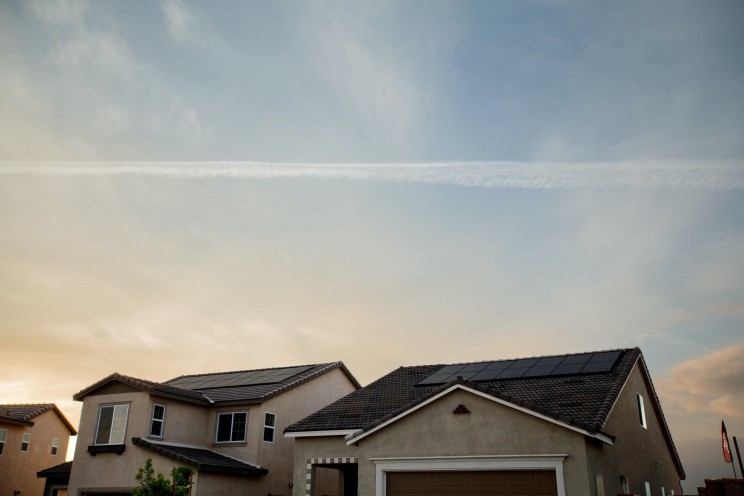
The sale of solar power systems for residential housing is increasing in Portugal. These are the indicators felt by Energie Portugal which, between January and May 2020, increased its volume of business in the domestic sector by 83%. In January 2020, the Portuguese company's turnover in sales of solar systems including solar panels for the domestic sector was close to 270 thousand euros. In May, this figure soared to around half a million - an increase of 21.1% compared to the same period the previous year.
"After the critical period of the COVID-19 pandemic, we registered a significant growth in the sale of solar panels to individuals during the month of May", reveals the CEO of Energie Portugal, Luís Rocha, quoted in a statement.
After closing the year 2019 with a growth that in Portugal was registered, above all, in the hotel sector, the growth trend in the domestic sector has been increasing. "It's a trend that we think will continue in the near future and that may be a reflection of the quarantine period experienced due to the coronavirus, during which people had to spend a lot more time in their homes", explains Luís Rocha. "Not only because it's about using a renewable and therefore more environmentally friendly energy source, but also because of cost issues", explains the CEO of Energie Portugal.
The thermodynamic solar panels produced by the 100% Portuguese company allow for maximum performance with solar performance, and can result in savings of 85% on household energy bills. In addition, with energy efficiency at the centre of worldwide concerns, the installation of a thermodynamic solar system for air conditioning and sanitary hot water in a house with four people allows for a reduction of up to 70% per year in carbon dioxide emissions, according to the company.
Another explanation for this growth is the need for more comfortable conditions for people during quarantine. And the possibility of a second wave of COVID-19 at the end of the year, in the middle of winter, "may be leading people to adopt more economical heating systems", points out Luís Rocha.